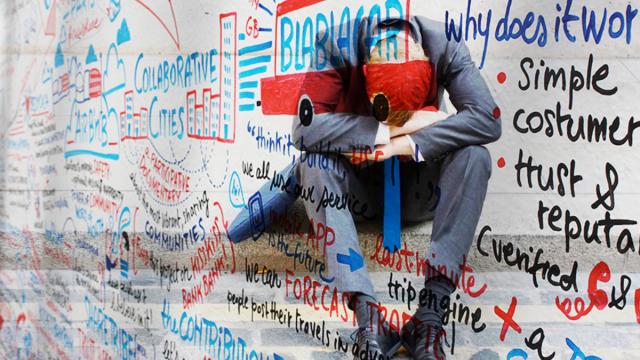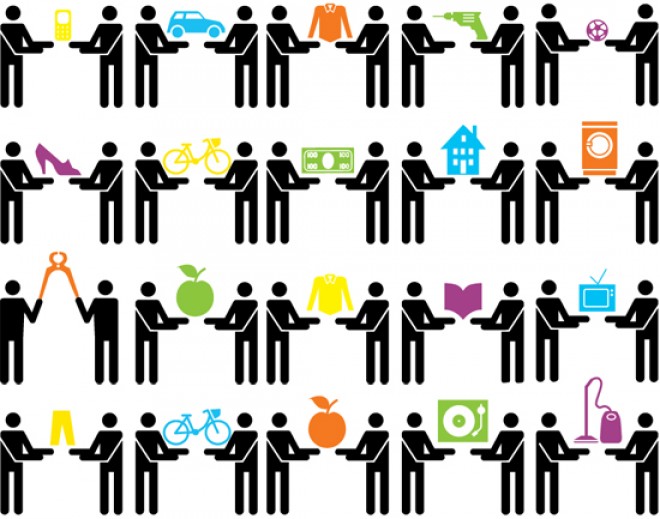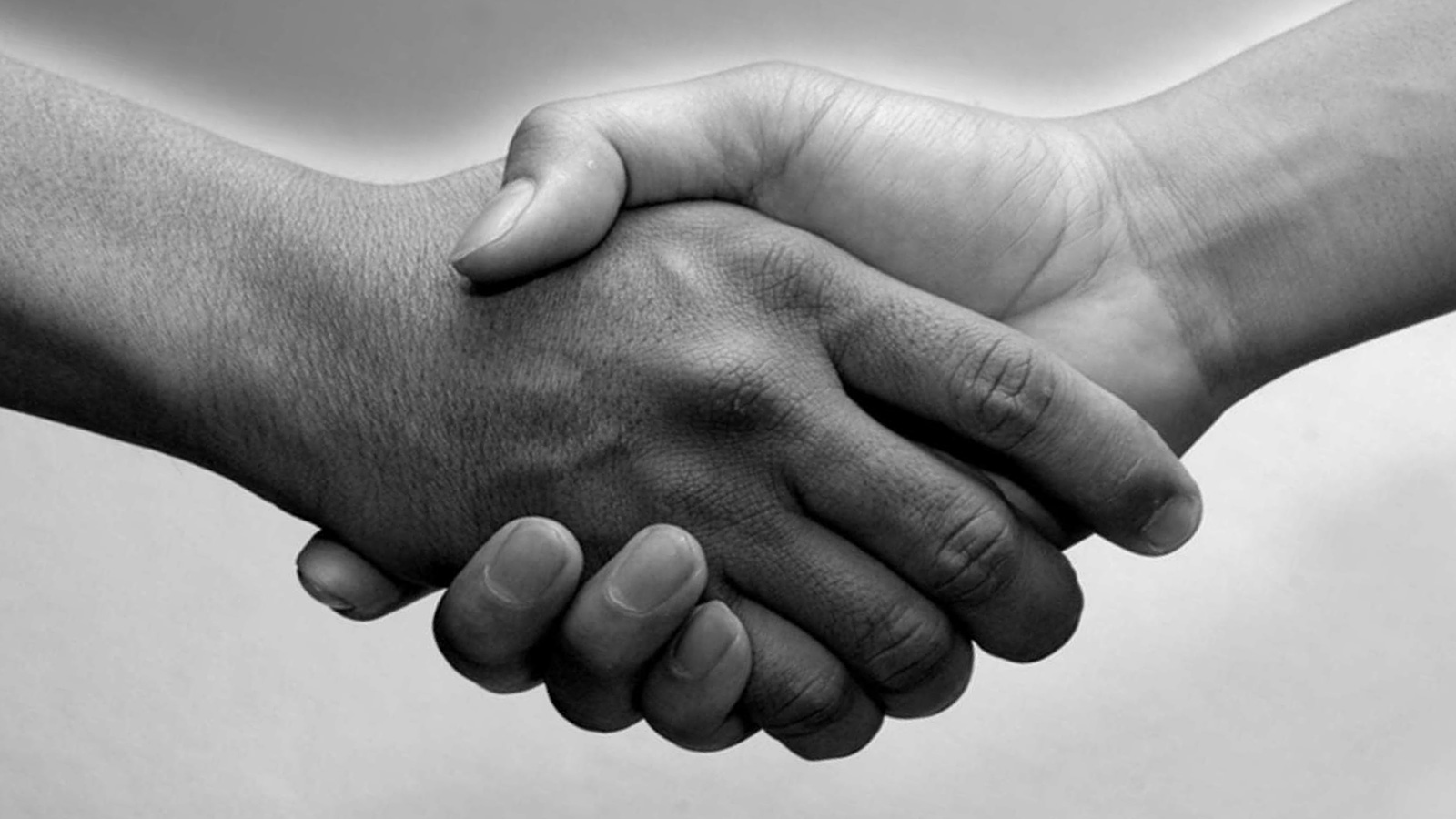
“People became accustomed to thinking it strange that in these times they would want to pay attention to a hunger artist, and with this habitual awareness the judgment on him was pronounced. He might fast as well as he could – and he did – but nothing could save him anymore. People went straight past him.” — Franz Kafka, “A Hunger Artist,” 1922
Kafka’s hunger artist made performance of suffering his art. In the dismal twilight of corporate capitalism, many of us are becoming hunger artists by necessity, performing our suffering in hopes others can help us out. Originally a way for entrepreneurs, social visionaries, artists and musicians to fund projects that didn’t appeal to traditional investors, social media-based crowdfunding has become a strategy for survival in a society where governments have neither the means nor, in many cases, the moral inclination to meet basic human needs.
“It can be helpful,” Syracuse University professor Dana Cloud told me about crowdfunding. “But it puts the burden, once again, on the exploited and oppressed.” Cloud, who has published extensively on the way capitalism strengthens itself through transferring responsibilities to its victims, added that today's crowdfunding of life puts a “falsely collective face on privatization.”
Pick which campaign shocks your conscience the most; they’re all here. For me, it was the sight of domestic violence victims (not just the nonprofit programs tasked with helping them, but the victims themselves) posting pictures of their cut and bruised faces and asking for money so they can leave their abusers or pay their medical bills. DV survivors are often the starkest examples of the cruel and morally arbitrary effects of poverty – they are seven times more likely than the general population to live in low-income homes.
And that's just the beginning. If you’re concerned about constitutional rights, meet the public defenders in New Orleans who are crowdfunding their operations. Or if public health is your cause, you might already know about the doctors and scientists crowdfunding their life-saving medical research.
If you care about families, you should know that child support payers and payees are asking for help – sometimes combining rent and support in their campaigns. The family of a terminally ill father raises money for medical bills and the security of the man’s daughters, a picture of his sickly face prominent on the campaign’s web page.
This also happened to a friend I know, who told me: “We raised $4,500 for my daughter’s family a couple years ago when her husband almost died.” Another friend described to me how he’d crowdfunded his brother’s cremation expenses. Victims of fires and other disasters crowdfund their relief.
If the campaigns are flashy, appealing and lucky, people might get what they need to live, or narrowly avoid poverty. If you’re already popular among a large network of people, that network might sustain you online – as it may have before crowdfunding. But most crowdfunding campaigns fail. I’ve seen reports of up to 50% success, but those are the outliers. By extension, most personal campaigns also fall short. Welcome to nightmare capitalism, survival-by-popularity, the real Hunger Games.
Despite upward and downward ticks on unreliable economic charts, economic insecurity is endemic with nearly half of Americans unable to afford an unexpected expense of even $400. There are far fewer traditional jobs than there are people needing them, while the new, so-called “sharing economy” threatens to create an underclass of uncovered, unprotected workers helping companies turn profits through illegal shortcuts while those independent contractors often fall out of favor through arbitrary consumer reviews that are mediated by the same companies. This has created a situation, according to one critic, that bears “the mark of a post-crisis economy where those already in work are forced into a world of odd jobs and side-gigs just to stay afloat.” Money set aside for public purposes has been gambled away and paid off, while the empty government budgets that result are cited as evidence of the ineffectiveness of public services.
So here we are: dying and starving and trying to stay out of jail, and we’re begging one another for help through desperate social media campaigns. There’s actually a kernel of good news in that – but to get there, we need to understand the bad news.
Alongside the crowdfunding campaigns of individuals in trouble is a whole infrastructure of institutional crowdfunding, often written into organizations’ development plans. These include mass appeals for money to support the schools, nonprofits and churches that neoliberal theorists expect to fill in the gaps created by the gutting of the public sphere. Teachers crowdfund their school supplies. High school debate teams from economically disadvantaged communities crowdfund to compete at tournaments. Victims of empire, like Lakota people, crowdfund to stop their youth from committing suicide.
These are public goods, subject to the myth of fiscal scarcity. Conservative and liberal policymakers tell us the money’s not there, but “the public sector [pays] huge subsidies to Wall Street corporate and banking interests while under-providing for ordinary people and Main Street interests,” said Tim Canova, Professor of Law and Public Finance at Nova Southeastern University in Florida, who was appointed by Senator Bernie Sanders to serve on an Advisory Committee on Federal Reserve Reform in 2011. Both state and civil society are unable to serve the public because Wall Street has eaten the money originally devoted to service.
Instead, institutions and individuals must learn to ask privately for money, and “the art of asking” and peer-to-peer exchange are touted as companions to the sharing economy. It’s all very edgy and cool, and as I promised, there’s a grain of goodness in it. “On the one hand,” Dana Cloud told me, “crowdfunding presages a socialist society: from each according to her ability, to each according to her need.” The successes demonstrate that we’re generous when we can be, and capable of co-managing and sharing our resources without excessive authority.
“On the other hand,” Cloud said, “crowd-funding asks ordinary people to give out of their meager share of the wealth they have created, letting the people who should foot the bill – corporations and/or the state – off the hook.”
Building communities outside of official structures is great. But when the majority of our daily labor and public coffers are making aloof shareholders richer while letting them off the social hook, we aren’t really building lasting communities – and the majority of our efforts are going to fail. The new mass of web-based hunger artists reminds us that economic justice can’t depend on the generosity of the elites, or even our mutual generosity alone, but must be hardwired into our banking and financial systems, our expectation of social dividends, and the very structures of work and material living.
Matt Stannard is Policy Director at Commonomics USA and a board member of the Public Banking Institute.
3 WAYS TO SHOW YOUR SUPPORT
- Log in to post comments



















